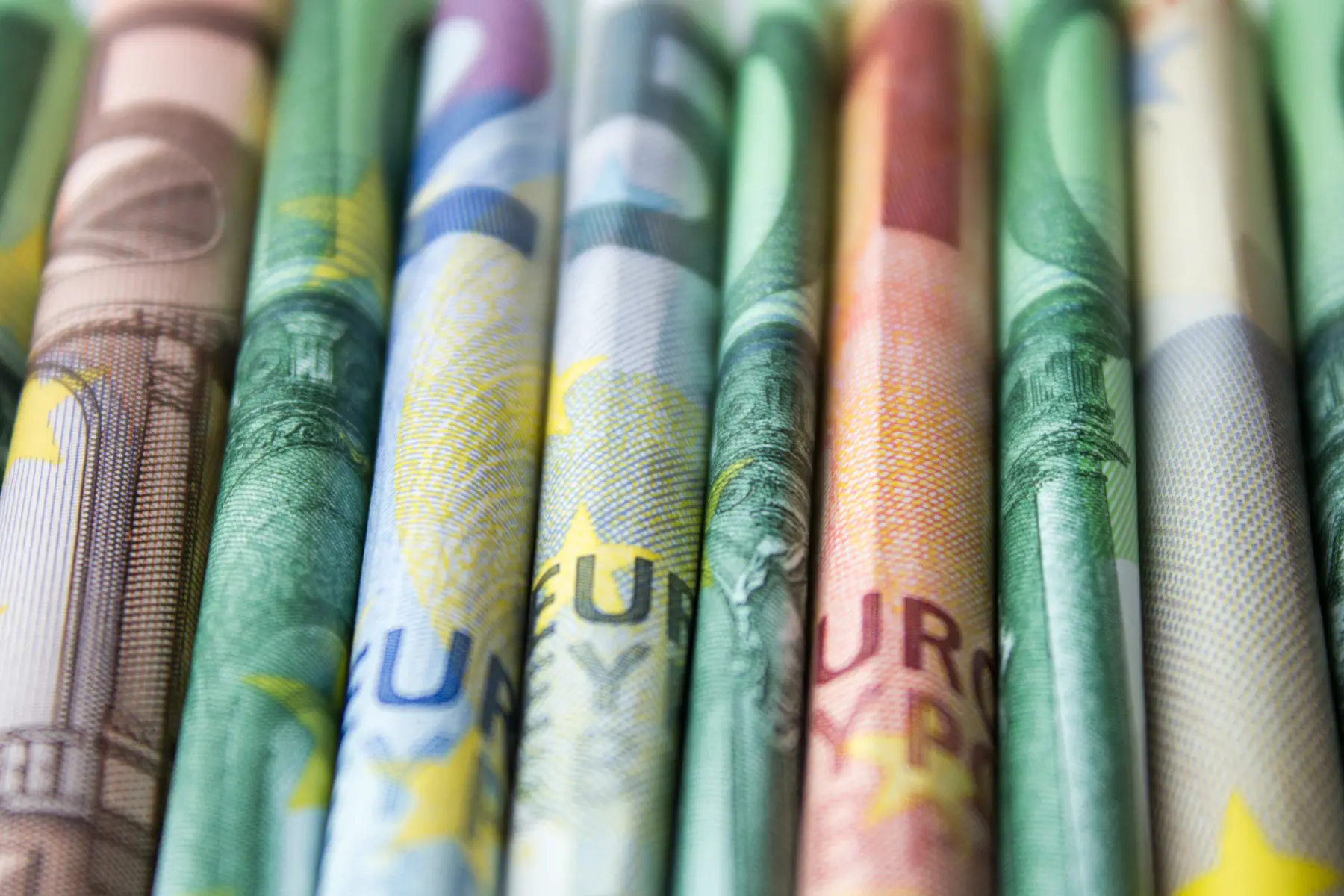Rentalcars.com
Are you saving money by ditching the car? Keep yourself mobile with Rentalcars.com. Rentalcars.com is an international rental portal that takes the hassle out of hiring a car. Get connected with local rental agencies in over 160 countries worldwide and rent in confidence with Rentalcars.com
Disposable income and where to save money effectively
Many people consider themselves to be savers because they are careful not to spend everything they earn. While this is a great first step towards achieving your long-term financial goals, if that surplus money each month is just going into a bank account, it might as well be buried in the garden. It isn’t necessarily the best way to save money effectively.

Despite massive improvements to personal banking services, this doesn’t change one key factor about banks: cash in the bank does not grow. In fact, it loses spending power over time due to inflation. Cash really only earns money for the bank and its shareholders. A savings account, on the other hand, is great for making sure you have enough for short-term costs and emergencies; any more than that is just collecting coins. A good rule of thumb is having between three and six months of regular household expenses in cash accounts at any time.
For the rest of your monthly disposable income, regular savings plans or periodic investments can be very useful. Some plans for investing money are specially set up for small, regular deposits and can be much more cost-effective than using a generic trading account. Finding a tax-efficient solution can reduce the cost of taxes applied to the growth of your future investments.
Define your savings goals
The most important thing when choosing the right vehicle for your regular savings is to consider your eventual target. Once you have defined the specific goal that you are working towards, it is much easier to create a strategy that is cost-effective, tax-efficient, and disciplined enough to reach your long-term financial goals.

Making regular, fixed-value transfers to your investment portfolio can have benefits of its own. As opposed to risky investment strategies such as cryptocurrencies, creating a stable portfolio gives you a better perspective of your savings over time. Apart from helping you keep to your own schedule and ensuring that you pay yourself first, periodic investments benefit from cost averaging. This is a simple concept that averages out the value of your invested assets as markets rise and fall. This means that you can benefit from long-term growth in unstable economic times.
It is absolutely true that there is no one-size-fits-all solution for personal financial planning. Everyone has their individual goals and requirements. Not everyone needs to move their investments offshore or relocate somewhere cheaper. A good financial adviser takes your personal situation into account; they’ll use this to create a plan that caters to your needs. Of course, this plan will most likely change over time; it is vital to review your personal financial strategy regularly. One thing is certain, however: leaving cash in the bank is an ineffective way to plan for the future. Although it’s nice to see the total tick upwards each month, you won’t see the real value of all your hard work gradually ebbing away as costs inflate.
Remember that savings accounts are often not the best tool to save money effectively. Take the time to make your plan and seek help to find the best vehicle to carry it out.



